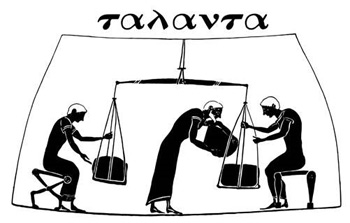
Photo from archive.org
This paper proposes a GC-MS analytical method that can be used in forensic investigations, for comparative or provenance studies of soils with the aim to reconnect the evidence to their… Click to show full abstract
This paper proposes a GC-MS analytical method that can be used in forensic investigations, for comparative or provenance studies of soils with the aim to reconnect the evidence to their origin. The volatile, semi-volatile and volatilizable compounds present in soil samples of different sources have been extracted and qualitatively analyzed by GC-MS. The different fractions were extracted by ultrasonic assisted extraction (UAE), and the volatilizable compounds were derivatized by BSTFA-TMCS as silylating agent. Sixty-five soil samples from different locations in northern Italy were collected, analyzed and a GC-MS "fingerprint database" has been created in order to easily access the data for the unknown soil sample provenance obtained with the same procedure and GC apparatus. With this purpose, the origin of blind samples, chosen randomly from those collected, was identified based on a qualitative comparison of the MS chromatographic profiles, which obviates the need for quantitative analyses.
Journal Title: Talanta
Year Published: 2020
Link to full text (if available)
Share on Social Media: Sign Up to like & get
recommendations!